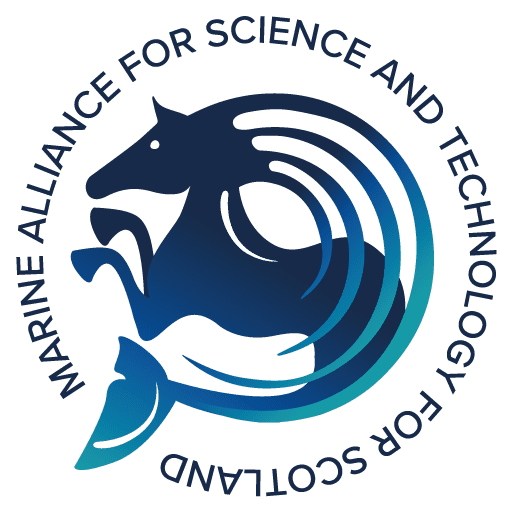To view vidcast interviews from the 2017 ASM click on the images below.
Scottish Marine Science and Brexit
Professor David Paterson, MASTS Executive Director, brought together a group of influential individual, prior to the 2017 MASTS ASM, to discuss what leaving the European Union might mean for Scottish marine science – he spoke to Kelvin Boot.
https://youtube.com/watch?v=6kpI60AVF_0%3F
Scottish Marine Science Looking Forward
Scotland’s marine science excellence is world-renowned, but in a changing political landscape what is its future? Professor Colin Moffat, Head of Science for Marine Scotland, spoke to Kelvin Boot and began by explaining how understanding Scottish ecosystems is fundamental to recognizing future challenges and opportunities….
Scottish Coastal Observatory Volunteers
The Scottish Coastal Observatory monitors Scottish seas and provides information about how those seas differ around Scotland, how they are being affected by ocean acidification and climate change, whether nutrient supplies are changing and how the timing and composition of the plankton, including harmful algal blooms, may be being altered. Eileen Bresnan, plankton ecologist at Marine Scotland Science, highlights the important role volunteers play in collecting essential data.
Blue Carbon
Professor John Baxter, Principal Advisor for Marine at Scottish Natural Heritage, has been at the forefront of increasing understanding of ‘Blue Carbon’ and its importance. So just what is ‘Blue Carbon’ and why should we be concerned about it?
Bioluminiescence
Dr Jonathan Cohen, University of Delaware and MASTS Visiting Research Fellow at the Scottish Association for Marine Science has been studying how copepods and other small creatures of the mesopelagic zone (200-1,000m depth) perceive and use light. He is now turning his attention to those ocean areas where long periods of darkness occur – the poles. Are the animals similar and do they detect and make use of light in the same way during the polar night?
Citizen Science to Support Fisheries Research in Brazil
Fisheries management depends on having a good idea of stocks, distribution and fishing pressure, but also the habits of the target. Along Brazil’s extensive coastline the mangrove forests are home to a rich food resource – the mangrove crab, Caranguejo-uçá, whose catchability is greatly increased when reproducing. Now a novel approach using app technology will provide much needed information about the crab’s reproductive timing, to improve the management of its fishery.
MASTS Postgraduate Certificate in Researcher Professional Development for Marine Science and Technology
The new MASTS Postgraduate Certificate in Researcher Professional Development for Marine Science and Technology (MASTS PG Cert) is designed to enhance a students professional and personal skills, through a bespoke programme of activities chosen by them. The programme is validated by the University of Strathclyde which will award the certificate. Dr Lois Calder, Dean of the MASTS Graduate School explains in more detail.
10 Years of the Marine Climate Change Impacts Partnership (MCCIP)
Dr Matt Frost, of the Marine Biological Association (UK) is part of the MCCIP team that brings together the research and evidence behind how climate change and its related phenomena are affecting the marine environment. Each year from 2006 they have produced the MCCIP report card. So how has our understanding changed over the last decade and what lessons have we learned? Kelvin Boot spoke to Matt after he presented the most recent report card at the MASTS ASM 2017.
Northern Lighthouse Board Supporting Marine Science
The Northern Lighthouse Board provides reliable, cost effective and efficient aids to navigation in Scottish and Isle of Man waters. But as Mike Spain, Business Development Manager for the NLB explains to Kelvin Boot, its facilities can be put to use supporting marine science.
Reflections on the MASTS/SUT Decommissioning and Wreck Removal Workshop
The MASTS/SUT Decommissioning and Wreck Removal Workshop has become a key element of the MASTS ASM. Now in its fifth year, it has gone from strength to strength and attracted more than 80 delegates from across the oil and gas sectors, salvage industry, academia, regulation and NGOs to the 2017 meeting. Moya Crawford is the Chair of the SUT International Salvage & Decommissioning Committee and she shared her thoughts about the meeting with Kelvin Boot.
Turbines in Models
With the increasing demand to capture energy from the ebb and flow of the tides it is important to know how turbine installations might impact local currents and sea surface elevations. Simon Waldman is a PhD student at Heriot Watt University; he visited a potential tidal energy site in Japan, thanks to support from MASTS. His role was to add turbine data into hydrological models – the results were unexpected!
Deep Sea Plastic Pollution
Post graduate researcher, Winnie Courtene-Jones, from the Scottish Association for Marine Science, has established that microplastics particles can find their way to the bottom of the Rockall Trough, where they are ingested by the organisms that live on the sea bed.

